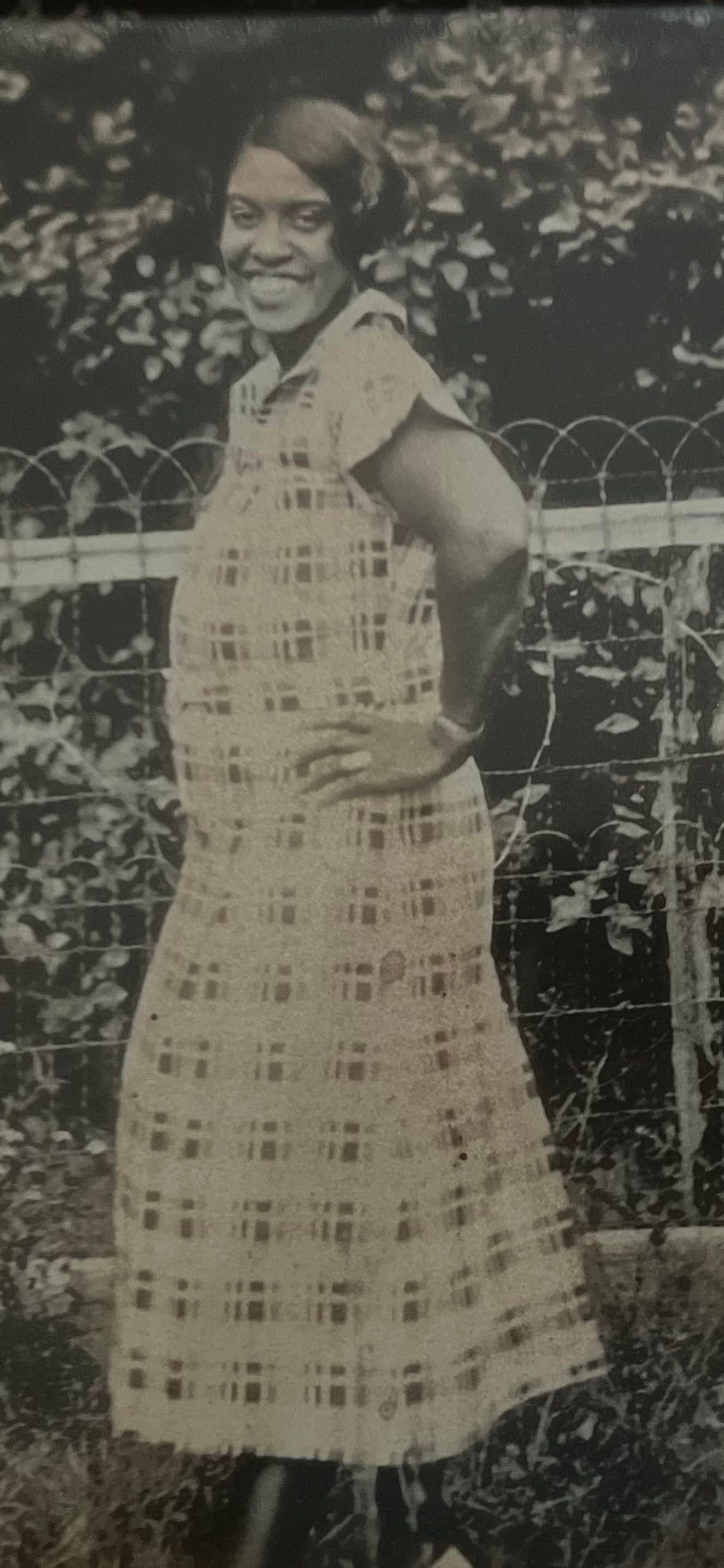Simply Beautiful
I do not want to write about politics today. I don’t want to think about the ugliness of Trump or the fact that so many Americans support him. I want to write and think about something beautiful. Nice things. About special people.
On Friday, we drove from Skidmore College in Saratoga Springs, New York to Cornell University in Ithaca. For most of the trip, my head was buried in a book. I needed to prepare for my seminar on W.E.B. DuBois. I was rereading The Philadelphia Negro, and my eyes kept finding something new – something different. You really do grow between readings, which makes the book somewhat new each time.
I finally looked up and noticed the beauty of the region. We were driving, I think, west on State Route 206 and the landscape was simply stunning. The sun was bright, casting shadows and smiles. Hills and dales full of White Ash and Box elder braced for the fall season. The trees bristled in the slight breeze; the creeks meandered over rock.
I noticed the homes. These must be hardworking people. The houses weren’t grand. They didn’t compete with nature. Some were modest. Others had seen better days. Peppered between them were small farms and trailer homes. Rusted out cars and trucks sat in driveways. Porches were overrun with piles of random things. Most needed a good painting. Weathered and beaten. I thought about the winter to come; how the beauty would change and how the cold would bite. This was Trump country, I was told. But I didn’t see any yard signs. Only American flags and the evidence of hard living.
I thought about home. The difference between brooks and bayous. I wondered if they could smell the water like we do.
Out of nowhere came the thought of my great grandmother, Ruby Wilson. Suddenly the landscape became a blurred background to the brilliance of her smile and her infectious laugh. I was blessed to grow up with my great grandparents. They lived on West Bayou Avenue, a dead-end street that opened up to Ms. Knight’s pass that you could walk on your way to Magnolia Junior High, which used to be the old Black high school.
The street was book-ended by the smells of good cooking. Ms. Knight was known for her amazing barbecue. You could smell across town the hickory smoke from her grill at the house at the end of the pass. (I talked with my mama recently, and she told me that I got this part wrong. I have confused Ms. Knight, the teacher, with the Ms. Knight on Macphelah Road. No wonder I could never square the smell of barbecue with that big house at the end of Ms. Knight’s pass.) Just before you turned onto West Bayou stood Ms. Lela’s, a local restaurant with the quality of an old throw-back spot. As you walked through the screened door, a jukebox stood in the corner of the poorly lit waiting room. And the chicken sandwiches…oh my God…cooked in the same grease as everything else, with light bread and potato salad all wrapped in freezer paper to go, remain the best chicken, outside of my mama’s, that I have ever tasted.
We called my great grandmother, “MyMy.” My mother called her “mama” and her own mother, “muh’dear.” I suppose there is a story behind that. I don’t know it. W. Ralph Eubanks gets it right when he says to find a good Mississippi story, one needs to “explore the silences, for it is within the parts of history we have chosen to shroud in silence in which our best stories reside.” Of course, pain and beauty are deeply entangled there, like coiled snakes in a mating ball. No matter.
As I looked out the window, I reached for memories of my great grandmother. Those house dresses that she wore. The way she moved around the small kitchen when she cooked, navigating the stove and refrigerator she bought with dimes saved up from the domestic work she never talked about. Memories. Some of them fading now. But I could see her hand on her hip and the dish rag thrown across her shoulder. I could hear the way she called my great grandfather’s name and how he always answered with, “yes hunh.” And the delightful smells of pinto beans and hoecake bread cooked on top of the stove served with sorghum syrup. So good you forgot that you didn’t have any meat.
She used to sit on this small stool next to the rotary telephone on the wall and pull the curtain back as she talked with the neighbor. Laughing and gossiping. At the kitchen table, where she often peeled “ice potatoes” with a pear knife or shelled green peas, my brother played with the fat of her arms. She would laugh as she placed the heel of her palm on her forehead and told him to stop. I remember her donning her bucket hat and jumping in her burnt orange Camaro – the car my great grandfather didn’t want to buy but bought anyway – driving slowly to wherever she wanted to go.
I don’t know why, as I took in the simple beauty of the drive, that my mind drifted to her. I do know that I smiled. And that I needed to smile. She knew, too…as she always did.




Your shared memories create a physical reaction, pulling at my heart, leaving me yearning for those who have passed. I think the memories and the longing are more powerful these days because so much is unsettled.
I could literally see you sitting in that car, hand on chin, while the beautiful fall colors going by set off your recollections of precious memories. Thank you for sharing them with us. I drank in every word, so powerful were your descriptions. Thank you, again, Eddie, for being on Substack; all who have subscribed are lucky indeed!